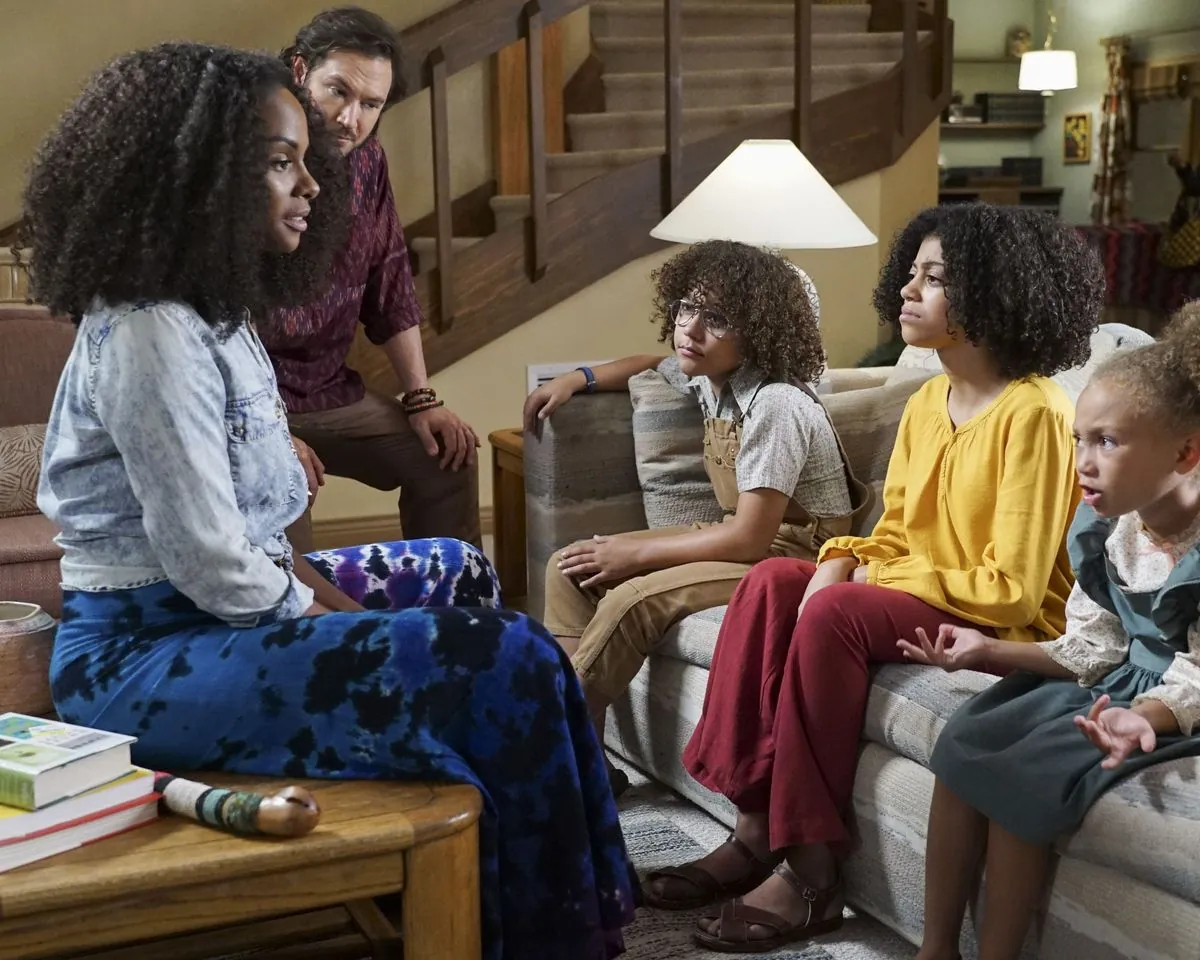Senna's "Colored Television": A Witty Exploration of Biracial Identity
Danzy Senna's new novel satirizes Hollywood's approach to diversity and the challenges faced by artists of color. The book offers a sharp critique of racial stereotypes and the commodification of identity in media.

In a world still grappling with racial identity, Danzy Senna's latest novel, "Colored Television," emerges as a timely and incisive commentary on the complexities of biracial existence in America. The book, released 26 years after Senna's debut novel "Caucasia," continues her exploration of mixed-race experiences with a fresh, satirical twist.
The narrative centers on Jane Gibson, a biracial academic and author struggling to sell her ambitious 457-page historical novel about "mulattos." As Jane navigates the treacherous waters of academia and publishing, she finds herself drawn into the world of television production, where her identity becomes both an asset and a liability.
Senna's sharp wit is evident in her portrayal of Hollywood executives, particularly in the character of Hampton Ford, a Black producer who enthusiastically embraces Jane's pitch for a "mulatto comedy." His vision for the show as "Pinky meets Modern Family" or "Imitation of Life meets Everybody Loves Raymond" brilliantly encapsulates the industry's often misguided attempts at diversity.

The novel deftly weaves historical references with contemporary issues, touching on figures from Sally Hemings to Slash of Guns N' Roses. This approach allows Senna to examine the long-standing American obsession with racial categorization and the myth of racial purity.
"Equal parts superior and ashamed"
Senna's exploration of housing and class issues adds another layer to the narrative. Jane and her husband's struggle to find a permanent home in a "Multicultural Mayberry" reflects the broader challenges faced by many Americans, particularly those of color.
The author's skill in balancing humor with social commentary is particularly noteworthy. While tackling serious issues, Senna maintains a light touch, creating a narrative that is both entertaining and thought-provoking.
"Colored Television" serves as a mirror to our society's ongoing struggle with racial identity and representation. By focusing on the experiences of biracial individuals, Senna challenges readers to reconsider their own assumptions and biases.
As we approach the 26th anniversary of Senna's debut novel, "Colored Television" stands as a testament to her growth as an author and her continued relevance in discussions of race in America. The book's clever deconstruction of racial preoccupations, likened to "riding a unicycle up and down a set of Escher staircases," showcases Senna's unique ability to address complex issues with both depth and levity.
In an era where conversations about diversity and representation are more crucial than ever, Senna's novel provides a valuable contribution to the discourse. It reminds us that while progress has been made since the days of Jackie Robinson breaking baseball's color barrier, there is still much work to be done in challenging stereotypes and fostering genuine understanding across racial lines.


































